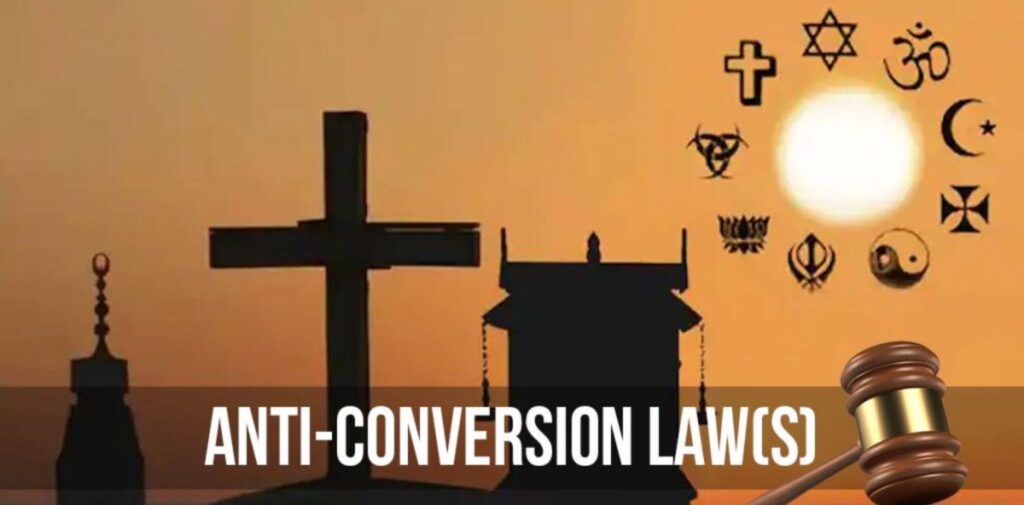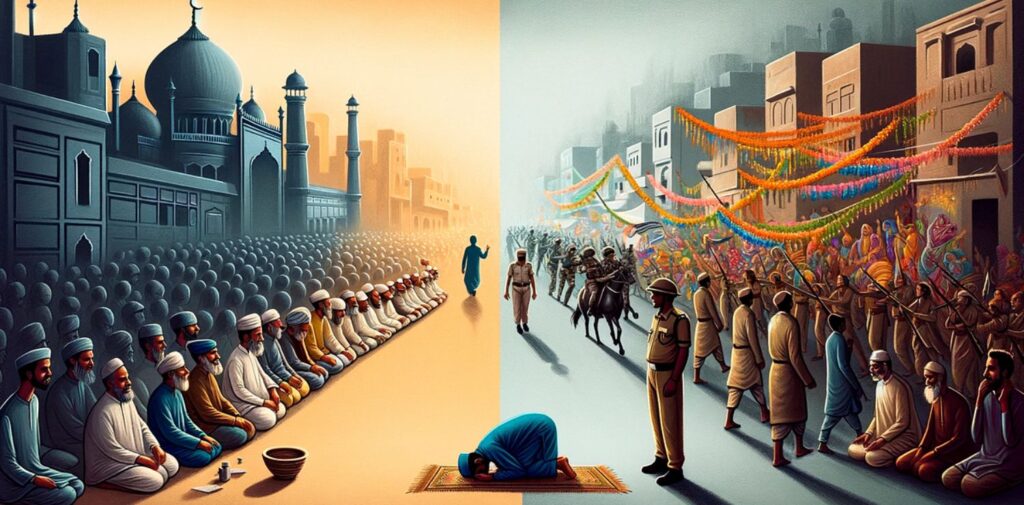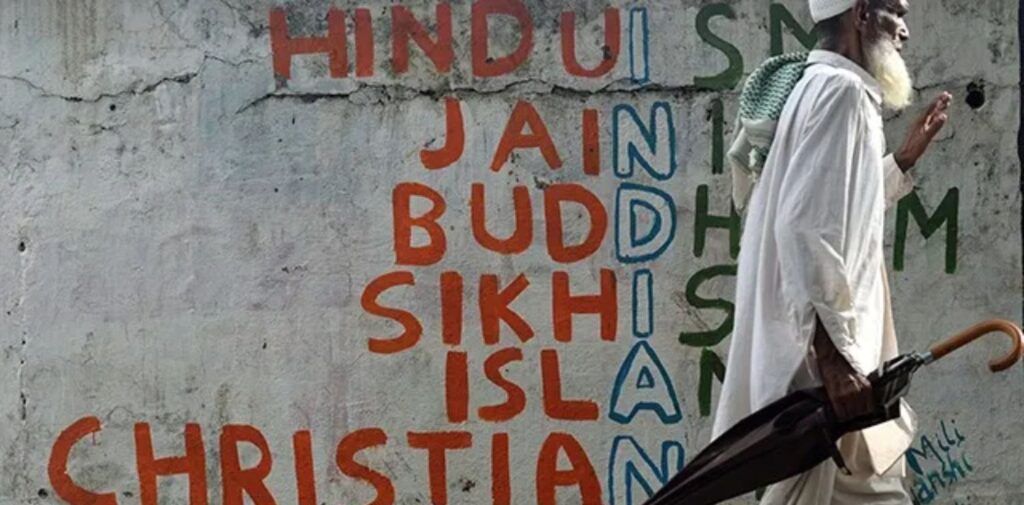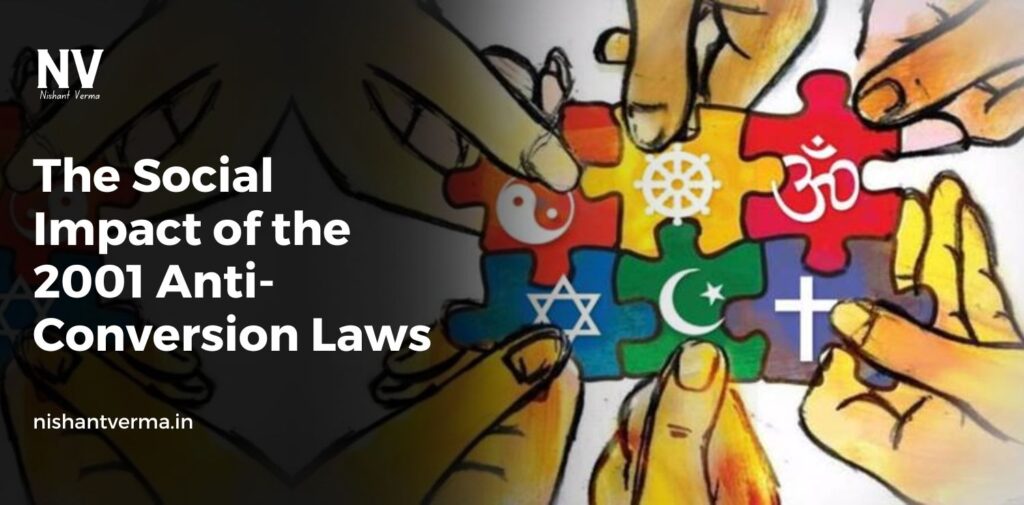India, a country known for its diverse religious and cultural landscape, has experienced several debates and challenges surrounding religious freedom and conversions. One significant development in this area was the implementation of anti-conversion laws, especially those passed in states like Gujarat in 2001. These laws, which aimed to regulate religious conversions, sparked significant debate about freedom of religion, human rights, and the social fabric of Indian society. In this article, we will explore the social impact of the 2001 anti-conversion laws, their purpose, and the consequences they have had on society.
Understanding the Anti-Conversion Laws
The anti-conversion laws, formally known as “Freedom of Religion Acts,” were introduced in several Indian states, including Gujarat, Orissa, Madhya Pradesh, and Chhattisgarh. The primary purpose of these laws was to prevent forced or fraudulent conversions from one religion to another, particularly conversions from Hinduism to Christianity or Islam. The laws stipulated that any individual wishing to convert to another religion must obtain prior approval from the government. Additionally, religious organizations were required to notify authorities about any conversions that took place.
The controversy surrounding these laws stemmed from concerns that they were used as a tool to prevent religious minorities, particularly Christians, from converting people to their faith. Critics argued that these laws were an infringement on the fundamental right to religious freedom guaranteed by the Indian Constitution.

Impact on Religious Freedom
One of the most significant social impacts of the anti-conversion laws has been on religious freedom in India. The Constitution of India guarantees the right to practice, profess, and propagate any religion. However, the anti-conversion laws have created a situation where religious freedom is heavily regulated.
A. Restrictions on Conversion
The laws have made it difficult for people to convert to another religion freely. In practice, these laws often lead to fear and hesitation among people who want to change their faith. The requirement for government approval for conversions has created a system where individuals might feel discouraged from following their personal beliefs or exploring other religions.
B. Discrimination and Social Divisions
In several instances, the anti-conversion laws have led to the creation of divisions between religious communities. People from religious minorities, particularly Christians and Muslims, have reported feeling marginalized or targeted by these laws. The perception that conversion to certain religions is illegal or immoral has intensified social divisions, leading to tension between communities that were previously living peacefully together.

Rise of Religious Polarization
The introduction of the anti-conversion laws has had a significant effect on religious polarization in India. These laws, combined with the rise of right-wing Hindu nationalism, have contributed to a sense of insecurity among religious minorities.
A. Increased Tensions Between Hindu and Non-Hindu Communities
The laws have fueled tensions between Hindu communities and non-Hindu communities, particularly Christians and Muslims. In states like Gujarat, where the anti-conversion law was first introduced, there have been reports of increased violence and discrimination against religious minorities. Some Hindu groups view the laws as necessary to protect Hinduism from “forced” conversions, while non-Hindu communities feel that their right to freely practice and spread their faith is under attack.
B. Growing Fear of Victimization
Religious minorities have expressed concerns that the anti-conversion laws can be misused to falsely accuse individuals of forced conversion. This fear has led to many members of minority communities feeling vulnerable, as they worry that they could face legal action or social stigma for simply practicing their religion or participating in religious activities.
Impact on Social Welfare Programs and NGOs
Another significant social impact of the anti-conversion laws has been on social welfare programs, especially those run by religious organizations. Many religious groups, particularly Christian organizations, have been involved in providing education, healthcare, and other forms of social support to marginalized communities. However, the anti-conversion laws have led to restrictions on such programs.
A. Stagnation of Social Welfare Work
In some cases, religious groups have been hesitant to run welfare programs due to the fear that these activities could be seen as a way to convert people to a different faith. For example, Christian organizations that provide healthcare or education to rural populations often fear that these services will be perceived as attempts to convert individuals. This has slowed down the progress of social welfare work, particularly in areas where these programs were most needed.
B. Reduced Interfaith Cooperation
Social work and humanitarian efforts often require collaboration between different religious groups. However, the suspicion surrounding the intentions of religious organizations due to the anti-conversion laws has resulted in reduced cooperation between Hindu, Christian, and Muslim organizations. This lack of cooperation has hampered efforts to address social issues like poverty, illiteracy, and healthcare more effectively.
Legal and Human Rights Concerns
The introduction of anti-conversion laws has raised significant concerns related to human rights and legal justice. Human rights organizations, both within India and internationally, have criticized these laws for violating individuals’ right to choose their religion.
A. Freedom of Choice
The most fundamental concern is that the anti-conversion laws infringe on an individual’s right to choose and change their religion. In a democratic society like India, people should have the freedom to follow their beliefs without fear of legal consequences. The anti-conversion laws have been criticized for making religious conversion an act of suspicion, rather than a personal choice. For many, this curtails their right to exercise their religious freedom freely.
B. Abuse of Legal Provisions
There have been numerous reports of the anti-conversion laws being misused by individuals or groups to target minority religious communities. False accusations of forced conversions are often used to harass and intimidate people. The lack of clear guidelines and the subjective nature of the laws have made them open to exploitation by those with political or social agendas. This undermines the legal system and leads to unnecessary harassment for innocent people.

Effect on the Identity of Religious Minorities
Religious minorities in India, particularly Christians and Muslims, have experienced a shift in their social and cultural identities due to the anti-conversion laws. The laws have placed them in a position where they have to defend their religion and their right to practice it openly.
A. Feeling of Alienation
Many members of religious minorities feel alienated in their own country, where they are often made to feel like second-class citizens. The perception that their religion is under threat has led to increased feelings of insecurity and a sense of alienation. This has affected their participation in mainstream social, political, and cultural activities, as they often feel marginalized and unsafe.
B. Increased Religious Solidarity
While the anti-conversion laws have led to divisions, they have also resulted in a stronger sense of religious solidarity among minorities. In response to the growing threats and discrimination, religious groups have come together to protect their rights and ensure that their voices are heard. This solidarity has led to more organized efforts to defend religious freedom and promote unity within religious minority communities.
Conclusion: 2001 Anti-Conversion Laws
The 2001 anti-conversion laws have had a lasting social impact on India. While they were initially introduced with the goal of preventing forced conversions, their implementation has led to significant challenges related to religious freedom, social division, and the rights of religious minorities. The laws have increased religious polarization, slowed down social welfare programs, and raised concerns about human rights violations.
For India to move forward, it is crucial to balance the protection of religious freedom with the preservation of the country’s rich cultural and religious diversity. The anti-conversion laws have had far-reaching consequences, and it is important for policymakers to reconsider their approach in order to ensure that all citizens, regardless of their religion, feel safe, respected, and free to follow their beliefs.




